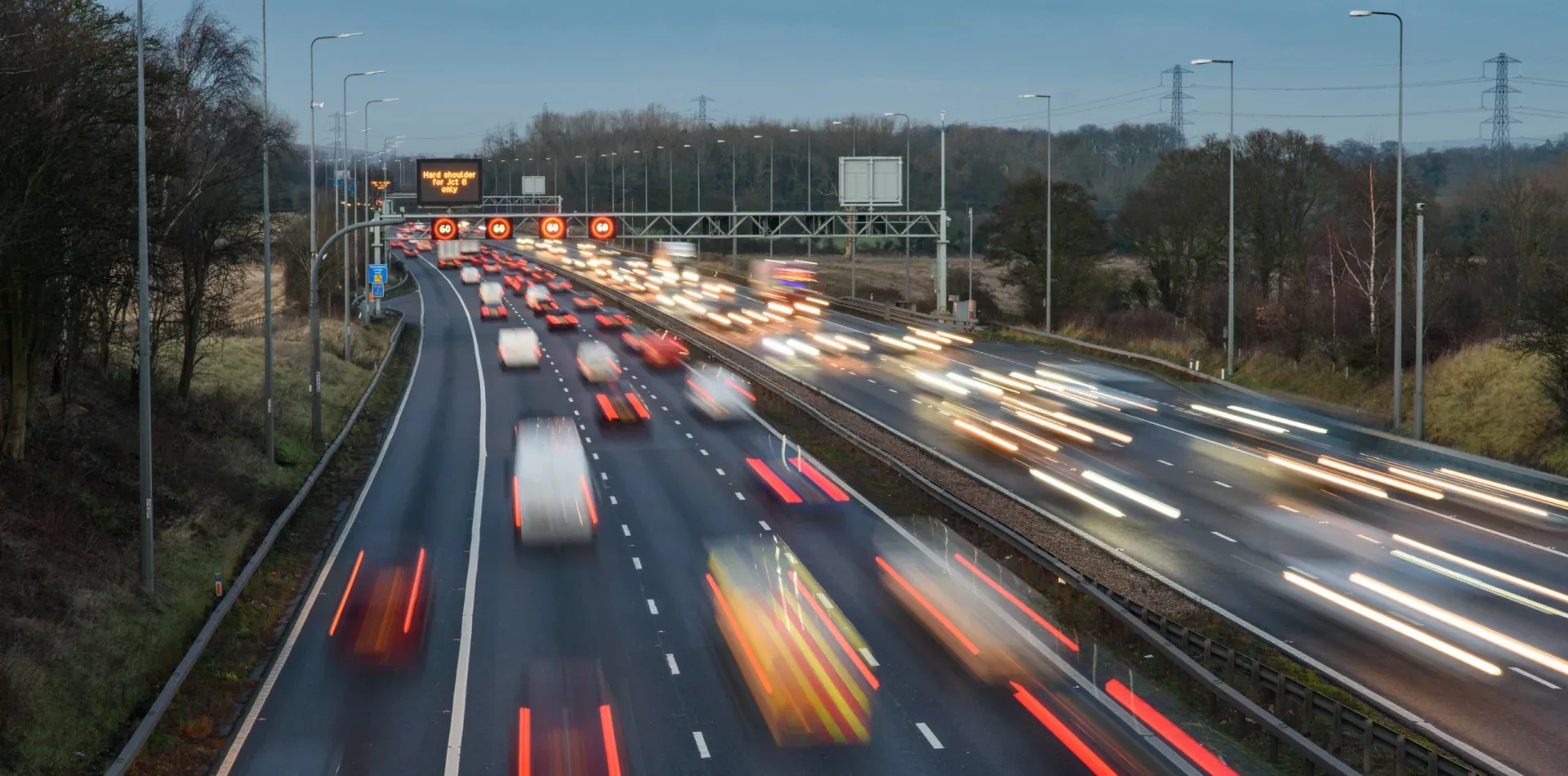The newly-launched Decarbonusation of Road Transport has estimated that £150bn could be needed over this decade if the transition to green vehicles is to be a success.
The orgainsation consists of a number of leading businesses and experts spanning transport, finance and energy have joined together to form the new coalition geared at accelerating the transition to zero emission vehicles in the UK and unlocking much-needed investment in green transport infrastructure.
Organised by the Green Finance Institute (GFI), the Coalition for the Decarbonisation of Road Transport launched yesterday and includes Uber, Lloyds Banking Group, Octopus Electric Vehicles, electric vehicle (EV) infrastructure firm Chargepoint, Lombard Odier, the Energy Savings Trust, and Transport for London (TfL). The Aldersgate Group and the Association for Renewable Energy and Clean Technology (REA), as well as investors such as SDCL and Prospedia Capital are also part of the coalition.
Dr Rhian-Mari Thomas, chief executive of the GFI, said: “Identifying the most effective interventions and public investments in order to catalyse private sector finance requires thorough, detailed analysis as well as creativity and ingenuity,” she said. “We’re excited to be working with KPMG and our founding coalition members to tackle the challenge of financing the decarbonisation of road transport.”
The coalition cites analysis undertaken by the GFI, with support from consulting giant KPMG, which estimates more than £150bn of gross capital investment may be needed to decarbonise the UK road transport sector between 2021 and 2030.
It estimates more than 6.7 million EV chargers are required over the coming decade in order to serve the growing number of EVs on UK roads at a total cost of more than £20bn, which it said would require public and private sector collaboration to unlock the necessary finance.
The coalition also aims to focus on enhancing battery manufacturing capacity in the UK in order to meet growing demand for EVs. Capacity for up to 60GWh of batteries each year may be needed by the end of the decade, which it said would require more than £5bn in investment.
Transport Minister Rachel Maclean said: “As we accelerate towards a net zero future, I’m delighted that government and industry are coming together to encourage more people to make the switch to zero-emission vehicles.”
























